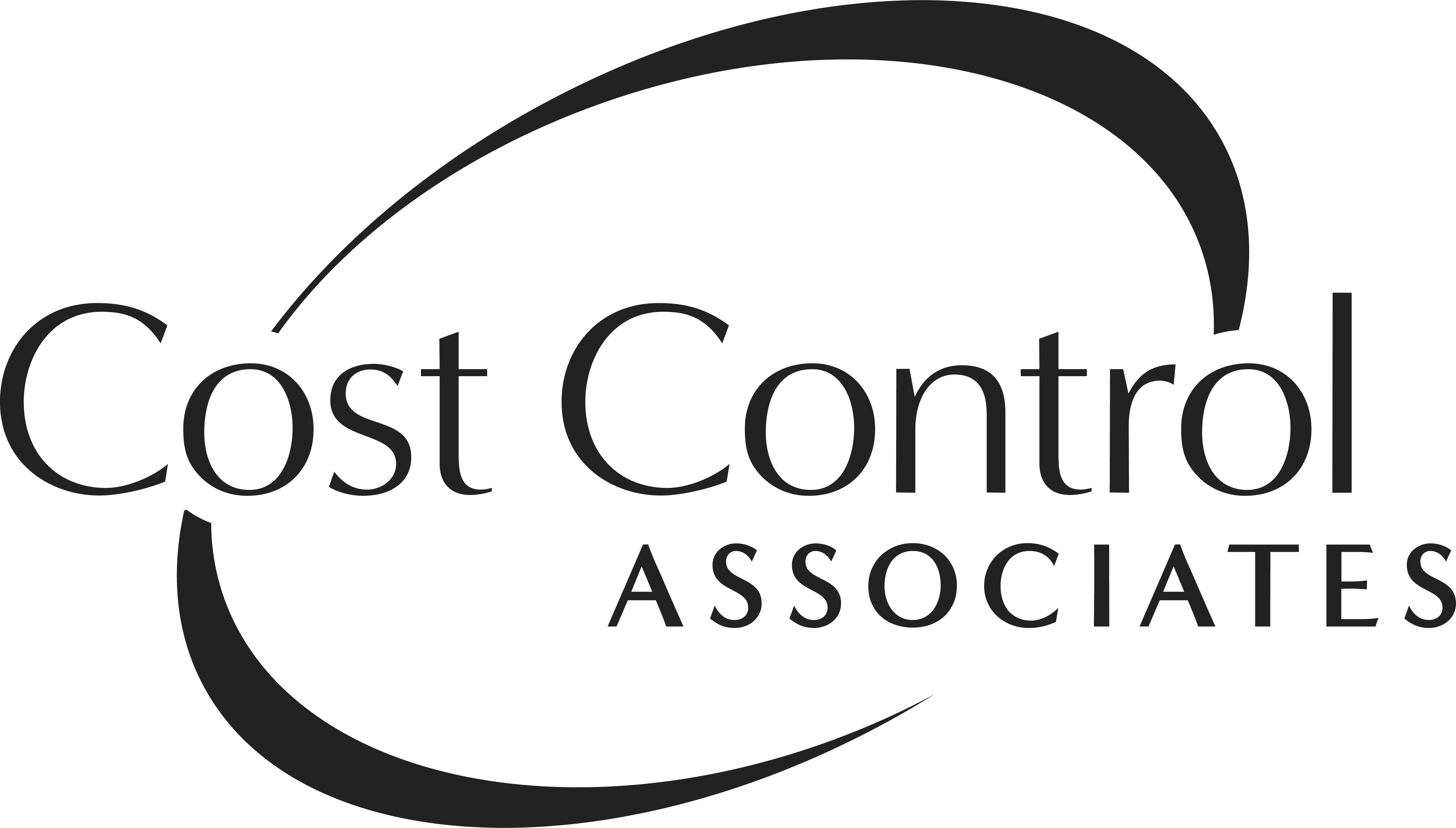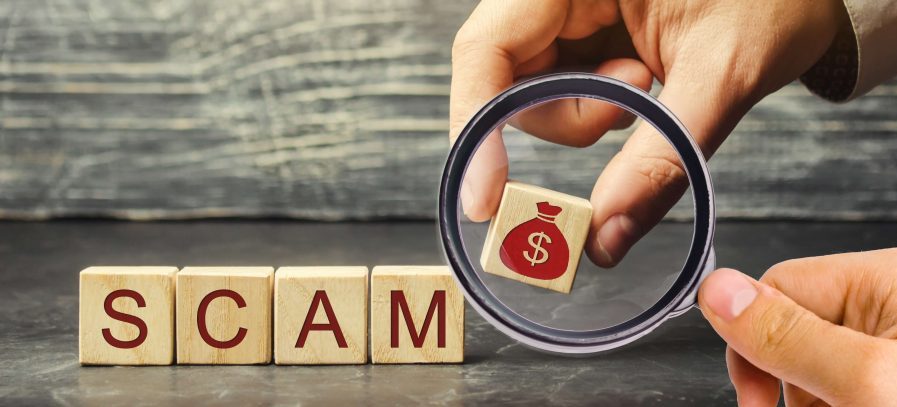You may think it won’t happen to you or that you would never fall for it, but utility scammers can be convincing. To protect your business or organization, it’s important to know how to recognize a utility scam. When a utility scammer claims that your electricity, gas or water will be shut off unless you pay your past-due bill immediately, it gets your attention. Even if you know you paid your last invoice, such surprising news can send your savviest employee into a tailspin. It happened to one of our clients.
Protect Your Business from Scammers
Our client depends on Cost Control Associates to process and pay its utility invoices for its retail sites and facilities across the country. Our services assure them of accurate, on-time utility payments, but it doesn’t protect them from a utility scammer.
When a scammer called one of our client’s retail shops, the caller said he represented the local utility company and demanded immediate payment of an overdue utility bill. “The bill must be paid right away, or a utility truck will arrive within 30 minutes to shut off the power,” he said. The store manager knew utility bills were paid at the corporate level, but he couldn’t afford to lose a day’s business. The caller suggested various ways to pay up using gift or debit cards. What should the store manager do?
A power shut-off is an inconvenience that can bring commercial operations to a screeching halt. No organization wants that experience. Fortunately, our client’s employee contacted his corporate facilities manager. The facilities manager had access to Cost Control’s online database confirming that the bill had been paid on time. To be safe, the FM called his dedicated service representative at Cost Control Associates to investigate further.

Responding immediately, Cost Control phoned the utility provider and was assured that the payment had indeed been received on time. There was no threat of shut-off, and no one from the utility had called the store. It was a scam. After relating the good news to the facilities manager and the shop manager, the store’s operations continued without a hitch. The scammer never called again, and business resumed normally.
The Better Business Bureau says the number of scams reported in 2018 rose only 6% over the scams in 2017, but the percentage of consumers who fell prey and lost money through a scam increased by almost 87% percent. The increase may be explained by the growing number of people conducting business over the internet, or it could be that scammers are using the internet to collect data that make their con games more convincing.
7 Ways to Recognize a Utility Scam
If you are a business owner who can’t afford to have your utilities turned off, here are 7 tips on how to spot a utility scam.
1. Don’t be convinced by caller ID and official-looking emails. Scammers can spoof caller ID to make it look as if your utility company is calling. Though phone calls remain the top means of scammer contact, a scammer may use email to tell you there is a problem with your account. The email may include your utility company’s official logo and contact information, but be wary.
Faked emails and copycat websites can fool you into thinking you are dealing with an official representative. Scammers can hack into the social media accounts of people you trust and send you messages that appear to be from friends. Don’t open attachments or download files from unexpected emails; they may have viruses that can harm your computer.
2. Don’t let accurate data trick you: The caller may use your name, location, account number, and other details to convince you the call is real. Do not, under any circumstances, provide or verify account data or personal information. Any information you give out now can set you up for future scams as well.
3. Question any inquiry that threatens the shut-off of services and demands immediate payment or financial information. A utility company is not likely to interrupt services on such short notice, and it certainly won’t happen after one late payment. A real utility company would send one or more disconnection notices by mail and offer you various ways to pay your bill to avoid shut-off. A utility company is more likely to charge you a significant late fee than stop your service.
4. Look for red flags. Scammers call individual consumers as well as businesses, so anyone can be a target. Watch for these warning signs:
- You know you paid your bill, but the caller insists otherwise.
- The caller asks for specific information about you, your utility or banking account. Don’t offer anything!
- The caller requests you pay with prepaid debit or cash reload cards (MoneyPak, Vanilla, Reloadit), gift cards (Amazon, iTunes), wire transfers, or cryptocurrency. A bona fide utility would never ask you to do this.
- The caller says the only way to pay is by phone.
5. If you feel pressure, hang up and call the number on your utility bill. The scammer may encourage you to call a specific phone number to verify his claim that you owe money. Do not call any number provided by the caller. Instead, call the customer service number on your utility invoice. You can also search online for the company’s name plus the word “scam” or “complaint” and see what comes up. If you use a firm that manages utility costs, such as Cost Control Associates, call your contact there.
6. Scammers look for opportunistic situations and timing. Timing is everything, and a skilled scammer knows to call and threaten a shut-off when it will really hurt you. Therefore:
- Be wary of calls that arrive just before the dinner rush at a restaurant, the start of a busy Saturday at a car dealership, or before the well-publicized opening of a new retail store.
- Another popular time to scam people is during the winter and summer months when it’s hard to get by without heat or air conditioning.
- If your area has recently suffered a disaster that affects utilities, such as power and water supplies, be extra careful. Scam operations often increase during vulnerable times.
7. If it happens to you, spread the word. It’s easy to feel foolish or duped if a scammer gets the better of you. Whether you went for it or not, the best thing you can do is let others know about the attempted scam. Inform your boss, so that employees company-wide may be alerted. An informed workforce is a business’ best defense.
- Use social media and the hashtag “#StopScams” to share your experience.
- Report the scam attempt to the Better Business Bureau Scam Tracker. The Bureau will investigate and warn others.
- File a complaint with the Federal Trade Commission.
Utility Scam Awareness Week is November 17-23.
More than 130 U.S. and Canadian electricity, natural gas and water utilities and related trade associations have joined together to protect consumers through Utilities United Against Scams (UUAS). Help them spread awareness about utility scams through social media. Share stories, articles and tips using the hashtag “#StopScams” and follow official UUAS channels on Twitter and Facebook.
Keith Laake founded Cost Control Associates, Inc. in 1991 and has been responsible for strategic planning, marketing and sales, and overall management of the firm. He currently focuses on business development. Keith received his BBA from the University of Wisconsin and is a certified public accountant. Learn more.

